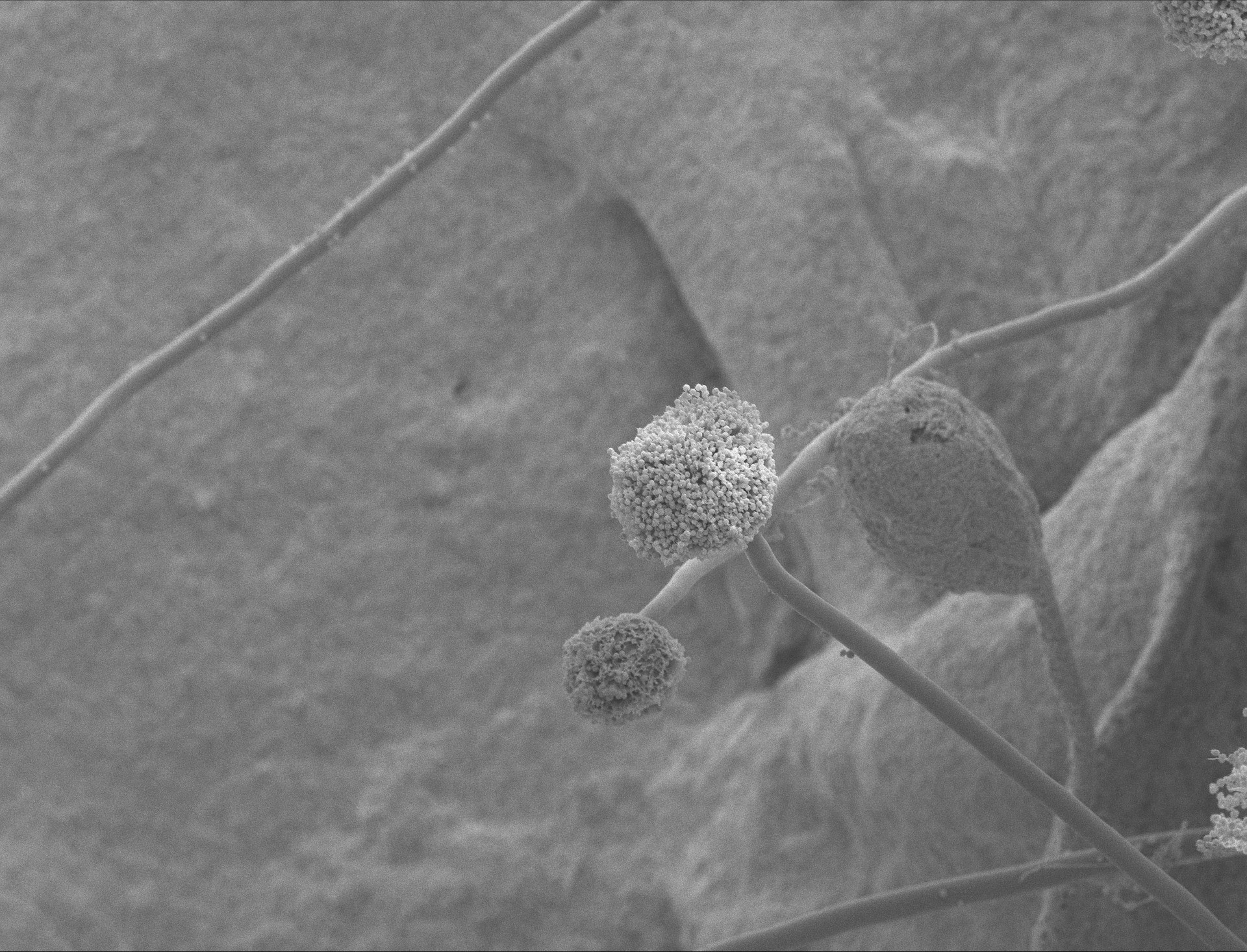TECNALIA leads InnoProtein and explores new sustainable protein sources
**Private event for project partners
With the world’s population expected to reach 10 billion by 2050, the urgent need to produce sustainable, high-quality protein is clear. The EU’s protein deficit amplifies the need for alternative and sustainable protein sources to supply various markets.
The European InnoProtein project, led by TECNALIA, was created in response to this growing demand.
- This initiative addresses this challenge by developing novel products for food, animal feed and other purposes.
- By harnessing protein sources such as microalgae, fungi, bacteria and insects, combined with advanced extraction techniques, TECNALIA is creating solutions that close the EU’s protein gap and reduce the impact on the environment.
New breakthroughs and consortium meeting
TUDUBLIN is hosting the InnoProtein European project consortium in its facilities. The event will take place on 18 and 19 January. The consortium’s second meeting will take place on these days, during which the progress of the project so far and the next steps to be taken in the next six months will be presented.
Circularity and zero waste
The consortium of experts, working with a circular and zero-waste approach, introduces a business model that minimises waste by converting biomass and production flows into bioplastics, biostimulants, fermentation media and bioenergy sources, to achieve an economically and socio-environmentally viable strategy.
New protein sources: InnoProtein developments
TECNALIA is leading this project, which has 14 partners and addresses the EU’s protein deficit problem by exploring alternative sources of sustainable proteins such as microbial protein (microalgae, fungi and bacteria) and insect protein to use for human and animal food, thus accelerating Europe’s protein self-sufficiency. All of this with a focus on circularity and zero-waste generation in the process of obtaining these new protein sources.

